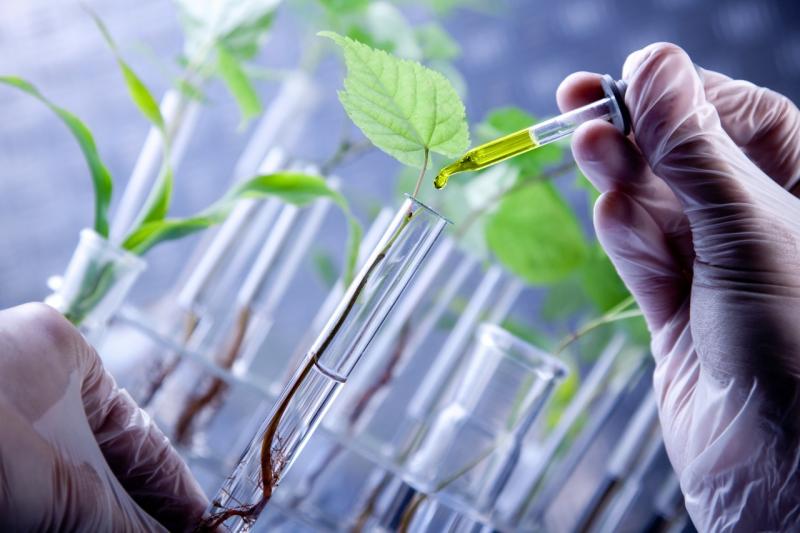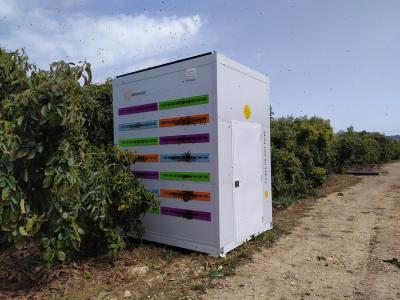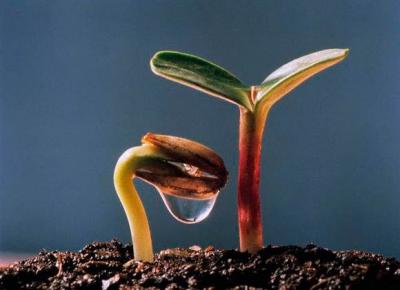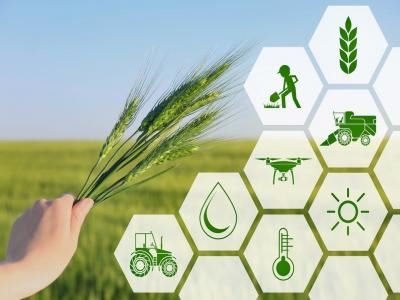
Our world is experiencing climate change, which has caused a wave of catastrophic failures. Under such conditions, plants and livestock have to contend with a range of new environmental conditions that far outstrip their natural rate of adaptation. A number of industries and fields of science are exploring innovative technologies to mitigate the effects of climate change in agriculture. One such technique is gene editing, a technique that facilitates programmable and highly accurate modifications to the genomes of organisms, reports World of NAN, citing an Alliance For Science article.
Here are five examples where gene editing is providing needed agricultural resilience to climate change:
The first is increasing drought tolerance.
When plants are exposed to drought, they exhibit different characteristics by adapting to the conditions. To help plants tolerate abiotic stresses, including drought, researchers identify specific genes that are involved and then edit those genes to increase plant resilience.
Some plant genes amplify the detrimental effects of abiotic stresses, known as sensitivity genes (Se genes). Genome editing strategies, particularly CRISPR-Cas, have been used on several plant species, including grain, vegetable and fruit crops, to increase resistance to abiotic stress by disrupting these Se genes.
Studies using CRISPR-based gene editing to improve drought tolerance in wheat, cassava, papaya, sugarcane and cotton are also underway.
The second is treating diseases.
Climate change may increase the severity and likelihood of plant diseases. Most diseases affecting plants and animals are expected to become more common with climate change.
To counter impending outbreaks, scientists are working to make livestock and food crops resistant to disease without the use of pesticides and fungicides.
The third is increasing yields.
In the past, traditional breeding methods have been used to increase yields. The ever-increasing demand for food creates the need for more efficient and optimized approaches to improving crops for higher yields. CRISPR-Cas9 (gene editing tool) technology is the most promising technology for addressing this need.
A number of gene changes have yielded more robust crops with higher yields. For example, rice genome editing has produced lines with increased yields of 11-68%. CRISPR/Cas9 has also been used to increase the size of tomatoes, while other editing tools have contributed to increased muscle mass in livestock.
Fourth is overcoming soil salinity.
Soil salinity is a serious abiotic stress that inhibits plant growth and is expected to worsen with climate change. The expansion of saline cropland has become a serious threat to global food security. About 6 percent of cropland is destroyed by soil salinity, with a steady addition of 1-2 percent each year worldwide, resulting in significant yield losses for major cereal crops such as corn, rice and wheat.
High soil salinity has affected the cultivation of various crops, such as commodity tomatoes. Scientists have now successfully used CRISPR to boost tomatoes' salt tolerance.
In another example, scientists from Huazhong Agricultural University and the Shanghai Agrobiological Genetic Center deleted a gene in rice to improve its resistance to elevated salt concentrations in the soil.
Fifth is controlling weed.
Climate change has been shown to change the numbers and distribution of insect pests and the damage they cause. Weeds are probably the number one enemy of farmers, they cause enormous damage to global agriculture, significantly reducing farmers' yields and income. In India, weeds reduce yields by 31%.
One solution proposed to mitigate the problem involves the development of new chemicals, since crop resistance to chemicals is expected to decrease as a result of climate change.
Genome editing is an effective countermeasure to this problem. In one prime example, scientists used CRISPR gene editing to develop a herbicide resistance allele in rice. In addition to offering farmers a flexible and simple weed control strategy, herbicide resistance allows farmers to practice no-till or low-till farming, which helps reduce soil erosion and also minimizes greenhouse gas emissions by reducing fossil fuel consumption and soil disturbance.














































Обсуждение